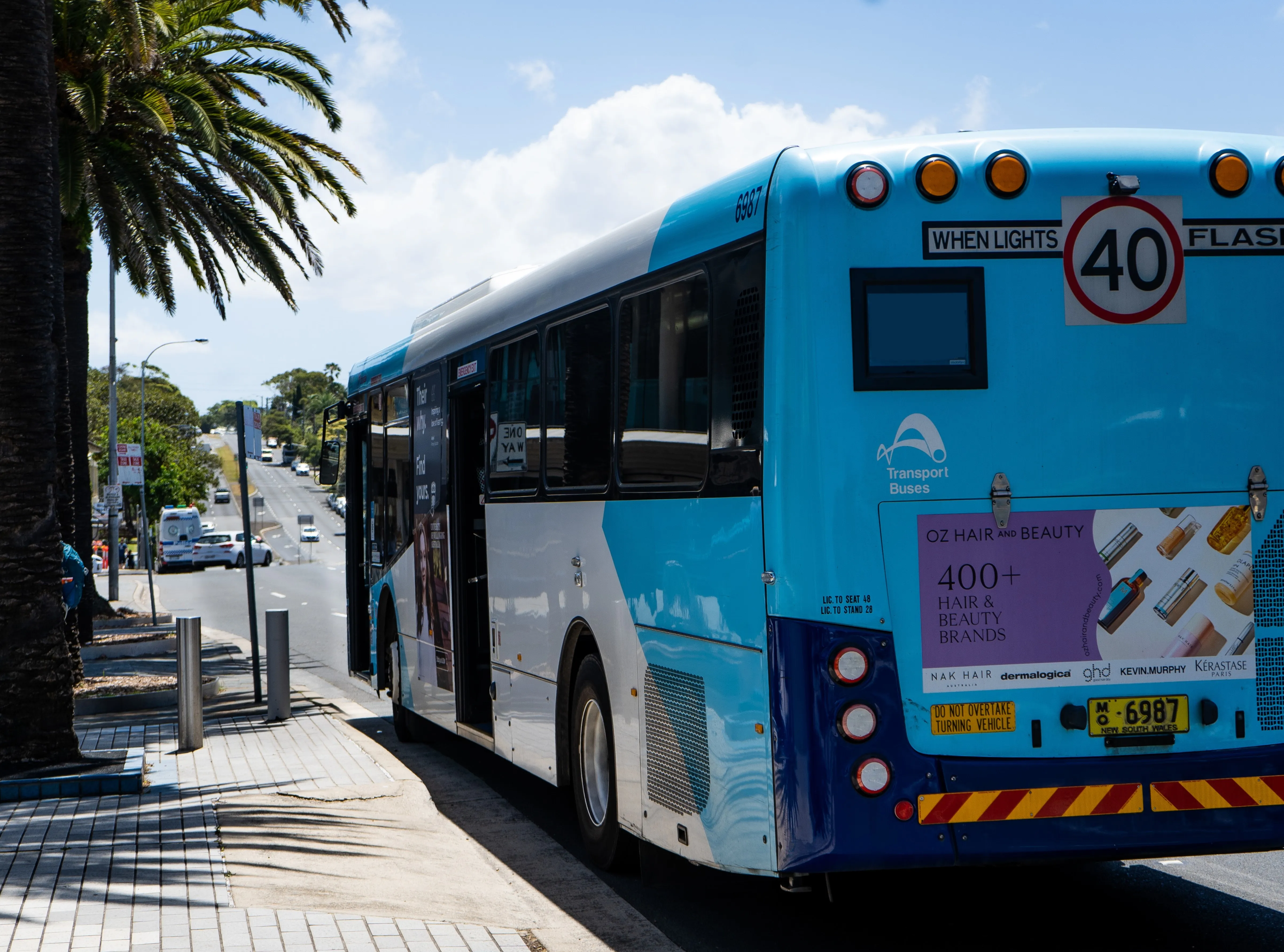BusPlus, a ‘hub and spoke’ off-peak public transport option designed by National ICT Australia (NICTA), will be featured at the 2015 ITS World Congress. NICTA claims this service is particularly beneficial during off-peak times, when public transport is frequently inefficient, poorly utilised and expensive to deliver.
July 31, 2015
Read time: 2 mins

BusPlus, a ‘hub and spoke’ off-peak public transport option designed by National ICT Australia (NICTA), will be featured at the 2015 ITS World Congress. NICTA claims this service is particularly beneficial during off-peak times, when public transport is frequently inefficient, poorly utilised and expensive to deliver.
The solution came from solving low public transport utilisation in Canberra, by introducing a hub and spoke model to the problem.
Hubs are linked by buses, which run frequently (typically every 15 minutes) to facilitate public transport. Passengers are connected to these hubs by taxis, which will bring them to their nearest bus stop by simply booking a trip online, by phone or by downloading the app – and only 15 minutes before they need to go.
According to Dr Phil Kilby, the beauty of this solution is that the BusPlus system plans the whole route including pickup at a user’s local stop, bus travel, and a taxi waiting at the other end to complete the journey. Passengers may share taxis (up to three passengers per taxi) and, when necessary, minibuses can also be used as shuttles.
Other notable NICTA projects on show in Bordeaux include TrafficWatch, a real-time traffic incident detection and monitoring system using social media, as well as NICTA’s ground-breaking research on CBD hotspot prediction, roads performance estimation and smart motorways.
The solution came from solving low public transport utilisation in Canberra, by introducing a hub and spoke model to the problem.
Hubs are linked by buses, which run frequently (typically every 15 minutes) to facilitate public transport. Passengers are connected to these hubs by taxis, which will bring them to their nearest bus stop by simply booking a trip online, by phone or by downloading the app – and only 15 minutes before they need to go.
According to Dr Phil Kilby, the beauty of this solution is that the BusPlus system plans the whole route including pickup at a user’s local stop, bus travel, and a taxi waiting at the other end to complete the journey. Passengers may share taxis (up to three passengers per taxi) and, when necessary, minibuses can also be used as shuttles.
Other notable NICTA projects on show in Bordeaux include TrafficWatch, a real-time traffic incident detection and monitoring system using social media, as well as NICTA’s ground-breaking research on CBD hotspot prediction, roads performance estimation and smart motorways.









